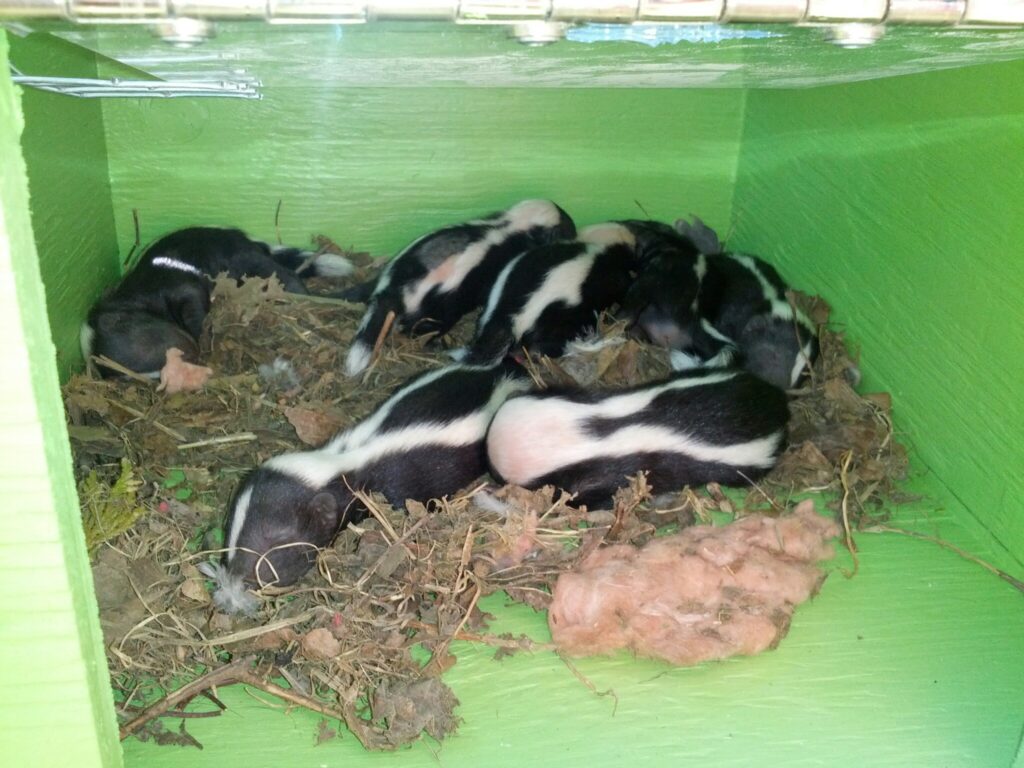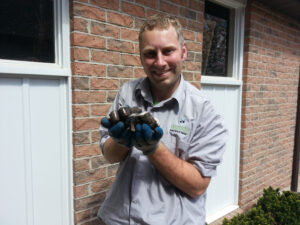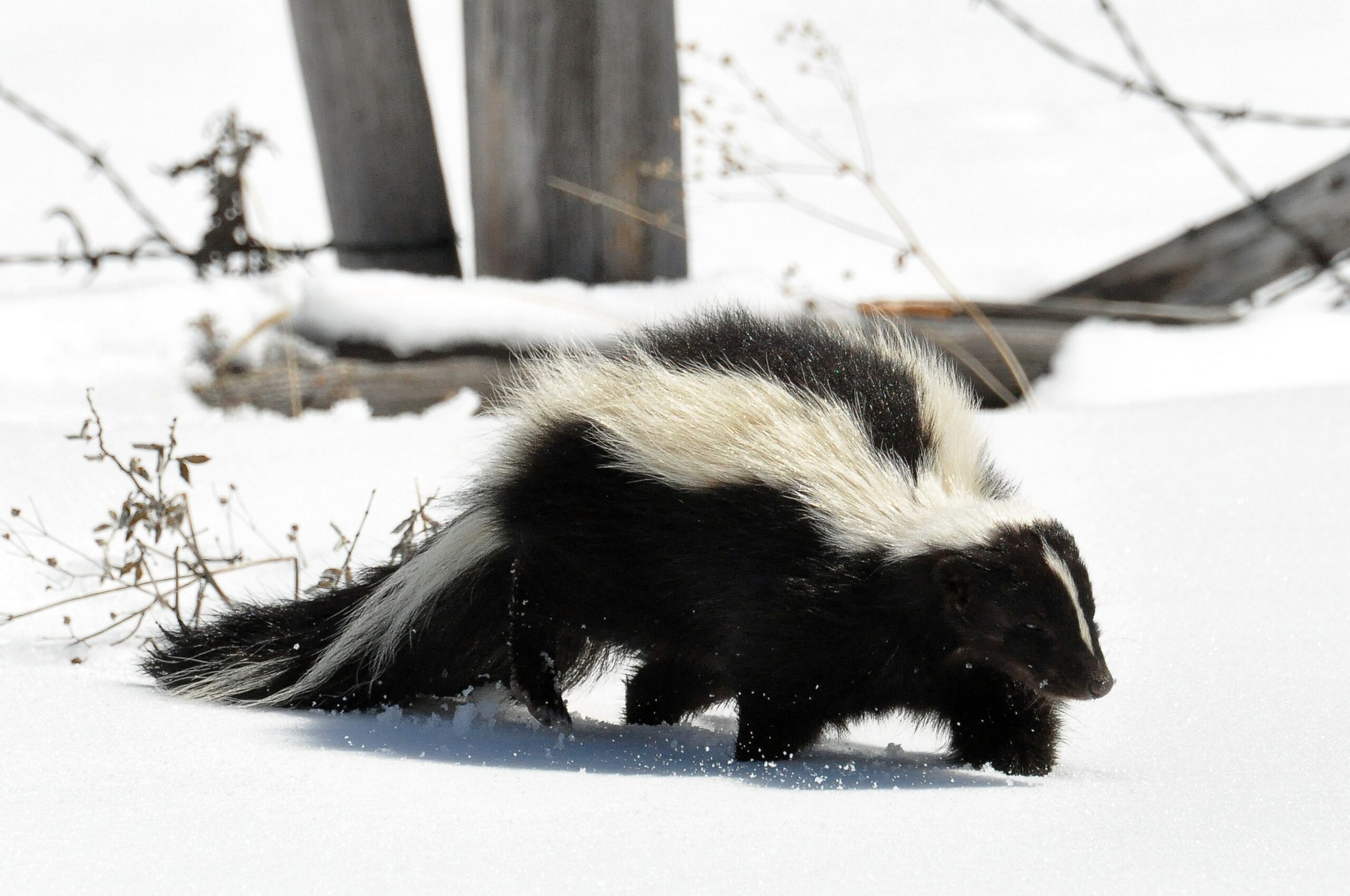When you see a skunk on your property, what is your first thought? Many people worry about disease or the safety of their pets, but most of these anxieties take root in inaccurate generational beliefs. In truth, skunks are not the aggressive pests people often make them out to be, and a humane skunk removal service can take care of any problems you might have on your property without issue.
Debunking Myths About Skunks
Many people know little about skunks, at least little based on fact. The images that spring to mind often result from speculation and rumor. Listening to gossip makes it easy to see skunks as violent, dangerous, and disease-riddled animals. The actual version of most wild skunks is much less terrifying and mild. The unfounded rumors can cause unnecessary harm to a local ecosystem’s greatest ally. Out of all the persistent myths about skunks, three are likely the most dangerous to the species.
1. Skunks Carry Rabies
While skunks are a rabies vector species, meaning they can carry and transmit the virus, people maintain a misconception that all skunks are carriers. Out of several thousand skunks in Ontario in 2019, only 13 had the disease, significantly less than 1% of the population. Many countries take preventative actions against the spread of rabies in carrier species. For example, Ontario’s rabies management process includes dropping vaccines in edibles for skunks and other animals.
2. Baby Skunks Spray
While baby skunks can produce a spray in the early months, they have not perfected the defense. In most situations, when a baby skunk does spray, it does so unintentionally. In reality, babies are not adept at defense until they reach the age of three months or older, which is also when they wander away from their mother and den.

3. Skunks Kill Pets
For some strange reason, many people believe skunks will kill their pets. That is simply untrue. While skunks are omnivorous, meaning they eat a varied diet, they are not hunters or predators. The animals are purely opportunistic eaters.
That said, a skunk will defend itself when it feels threatened, but its defenses are minimal and likely non-life-threatening for most domestic animals. Skunks have stubby legs that don’t allow for much articulation. The animal can scratch and bite, but it prefers to spray and get away from any threat as fast as possible.
Taking Action To Prevent Problems
If you see a skunk or skunk family on your property or evidence of skunks, consult skunk removal near me for exclusion methods. While skunks are timid and prefer to hide than confront, they can still cause property damage. Keeping skunks away from your property is not as hard as it may seem.

1. Keep Property Secure
You need to protect your property. Physical barriers like fences are the best way to keep skunks off your property. Also, ensure you secure the undersides of all decks and sheds. Pregnant skunks will seek shelter in convenient places, especially if they already provide adequate protection.
2. Prevent Yard Debris From Collecting
Wood piles, leaves piled near the side of the house or around decks, garbage, etc., can all provide shelter, nesting sites, or material for a skunk. Keeping your yard clean reduces the odds of wildlife using it as a nesting or den site.
3. Contact a Professional

The best and most surefire way to protect your property from skunks and other wildlife is by contacting a professional wildlife control service. The best wildlife control in Milwaukee will offer mitigation and prevention services. Our technicians can safely remove skunks without the risk of causing them to spray, and follow complete each removal by securing galvanized-steel screens around the perimeter of your property where they were denning,
Have you seen skunks wandering through your yard on several occasions? If so, it might be time to call in the professionals. Contact Skedaddle Humane Wildlife Control to schedule an appointment.




